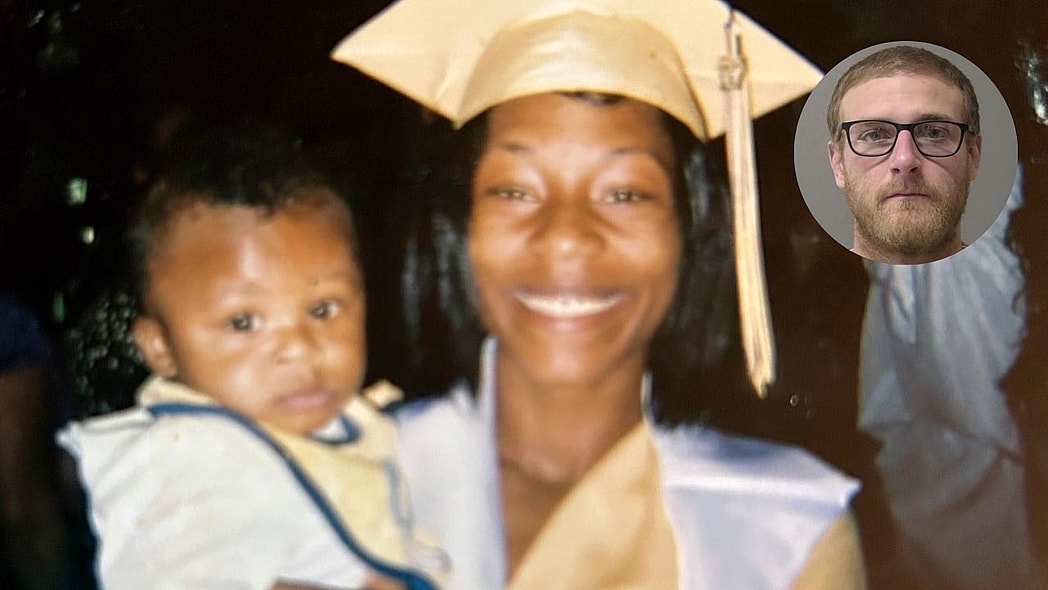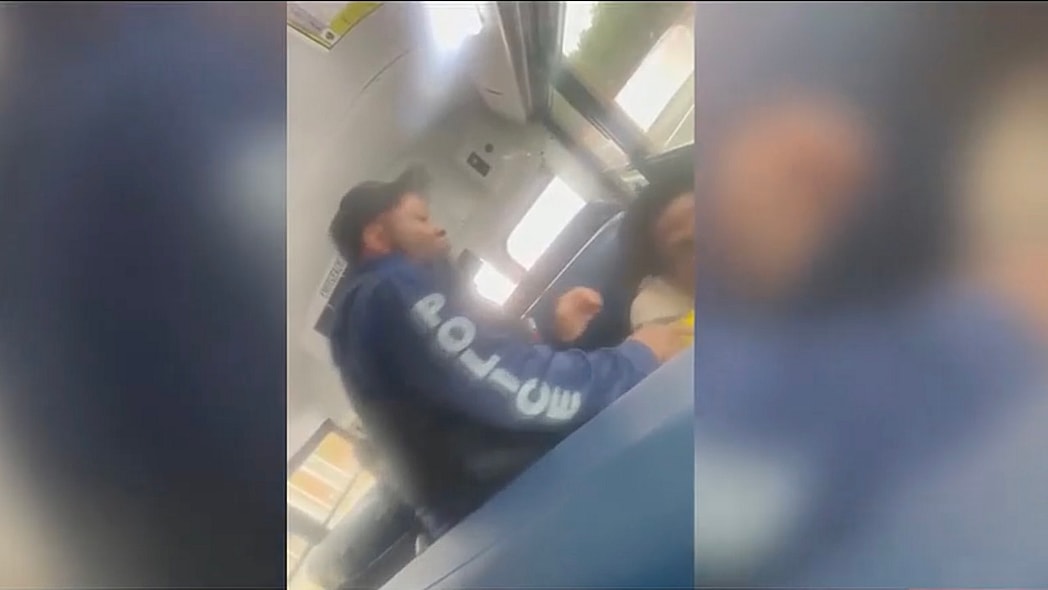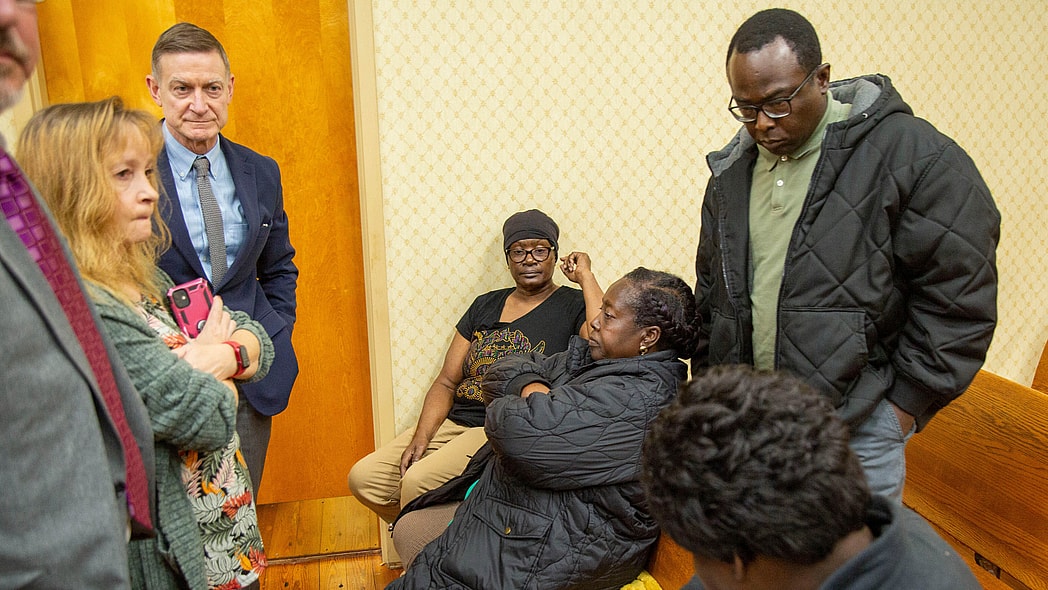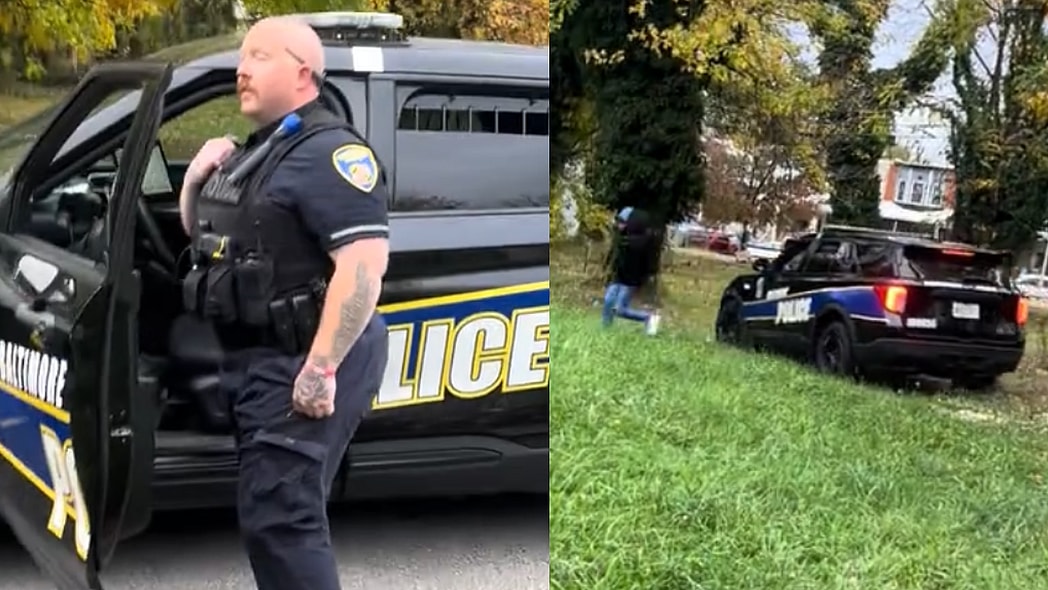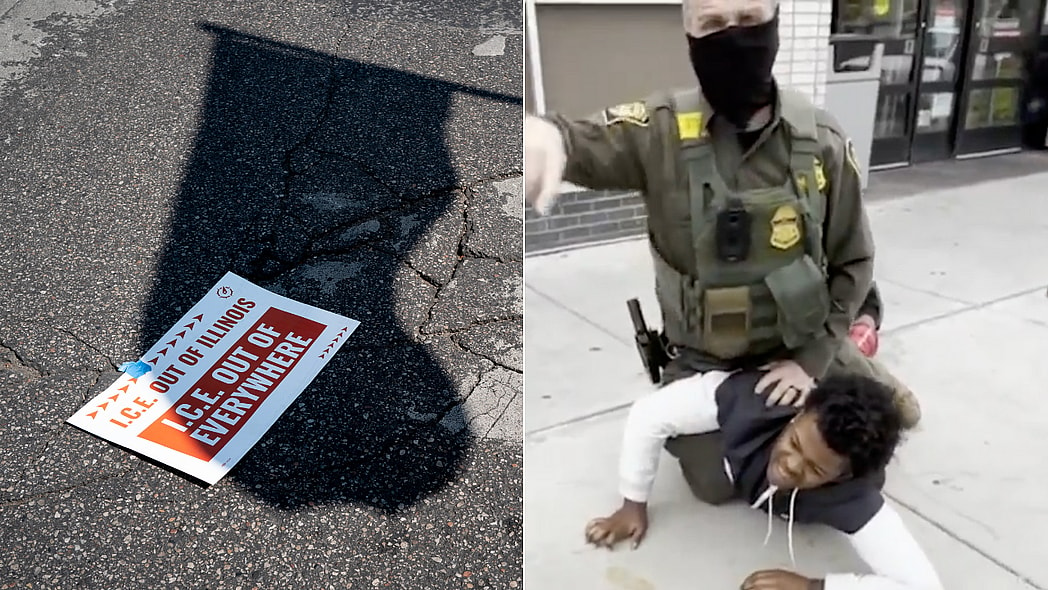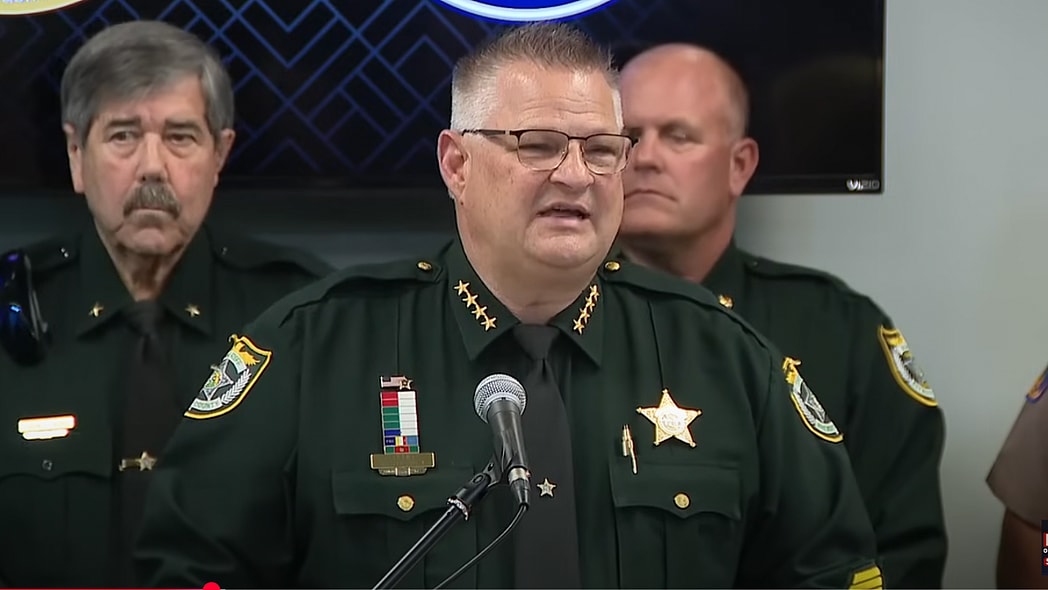The 2014 fatal police shooting of 18-year-old unarmed Michael Brown sparked a movement that saw the emergence of Black Lives Matter and a national call for police accountability. However, for those seeking justice for Brown’s death and the end of racial police violence, the fight continues 10 years later.
Although Brown’s parents, Lesley McSpadden and Michael Brown Sr., were awarded $1.5 million in a wrongful-death lawsuit settlement from the city of Ferguson, Missouri, the U.S. Department of Justice and St. Louis County prosecutor’s office declined to charge former police officer Darren Wilson.
Wilson shot Brown at least six times, including twice in the head, following an altercation in which Brown and his friend, Dorian Johnson, were accused of walking in the middle of the street and blocking traffic.
On July 10, a decade after her son was killed, McSpadden testified before the Inter-American Commission on Human Rights, an international judicial body tasked with defending human rights in the Americas. The case seeks to prove that the state of Missouri and the federal government violated McSpadden and the elder Brown’s international human rights.
The grieving mother told the commission she “lost hope in the justice system” and was “crushed,” “hurt,” and “frustrated” by local and federal authorities who declined to charge Wilson. He resigned from the Ferguson Police Department.
McSpadden described her interactions with DOJ and St. Louis officials, who she accused of painting a “biased” narrative of her son as the aggressor.
A lawyer from McSpadden’s legal team at Robert F. Kennedy Human Rights, a nonprofit human rights advocacy organization, said the recent hearing, which was years in the making, is the family’s last chance for justice.
“They’ve exhausted all of their U.S. options,” said Delia Addo-Yobo, a staff attorney on the group’s U.S. advocacy and litigation team.
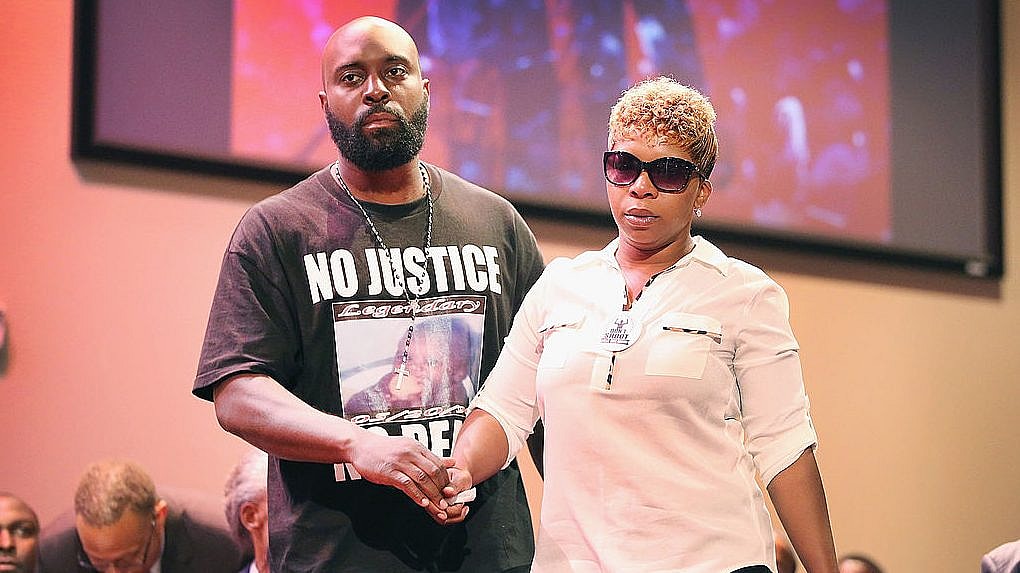
If the commission rules in favor of Brown’s family, it would issue a list of recommendations for the United States to address the human rights violations against Brown and his surviving kin.
Addo-Yobo told theGrio that in addition to trying to achieve justice for Brown’s family, the IACHR case seeks to force the U.S. to come to terms with its epidemic of racial police violence.
“We are continuing a very long-standing tradition of Black people being forced to seek accountability and justice outside the U.S.,” she said, noting the 1951 “We Charge Genocide” petition filed by the Civil Rights Congress to the United Nations. The document cited not only incidents of police brutality against Black citizens but also lynchings, legal discrimination, and disenfranchisement of Blacks in the South in the 80 years since slavery ended in the U.S.
“It’s been 70 years, and the exact same problem is actually worse,” Addo-Yobo said of deadly police encounters. “Last year was the deadliest year on record for people killed by police, and unfortunately, 2024 may be on track to be even deadlier.”
DeRay Mckesson, an activist who led the BLM movement in Ferguson after Brown’s death, told theGrio that the commission is “one step towards getting people to look at the case with fresh eyes.”
The executive director of Campaign Zero, a research and advocacy group founded in 2015 to end police killings, Mckesson said he and the organization are separately working with McSpadden to reopen Brown’s case.
“The facts of Mike’s case just don’t make sense,” Mckesson told theGrio. The activist said at the height of the BLM movement in 2014, reporters weren’t “critical of the police” and weren’t “asking critical questions” about the shooting.
“It was a new moment for everybody to understand the issue,” he recalled, adding, “There’ll be more to come.”
More broadly, Mckesson said he is “heartened” that Brown’s killing launched a movement that changed the way the country and the world talk about police violence.
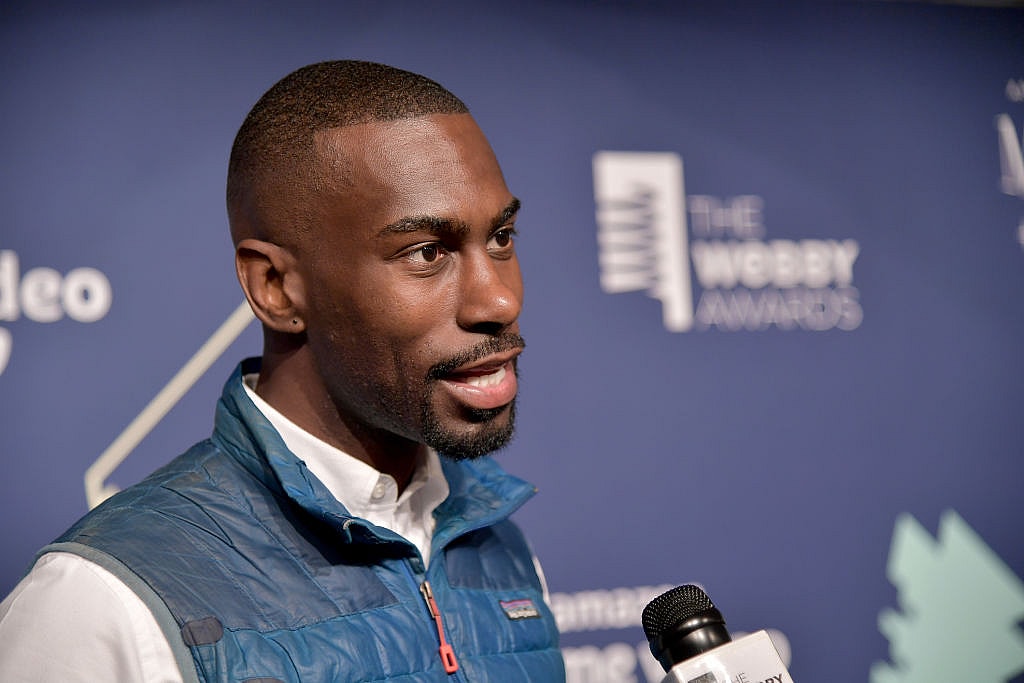
“This is the first decade in American history of sustained focus on police violence,” he noted. “For the first time, the political goal, the policy goal, the structural goal, was to do something about the institution of policing.”
Mckesson acknowledged that on the federal level, there has been a steady focus on the issue of police violence since the police beating of Rodney King in 1991. President Bill Clinton’s 1994 crime bill empowered the DOJ to sue cities and counties for unconstitutional practices committed by police departments.
President Barack Obama’s DOJ opened up 15 consent decrees with local police departments, while President Donald Trump’s administration undermined them.
A DOJ spokesperson told theGrio that under current President Joe Biden’s administration, the department opened 11 pattern or practice investigations into law enforcement misconduct. Additionally, Biden signed an executive order on policing that included a federal ban on chokeholds, restrictions on the use of no-knock warrants, and new standards for the use of force.
Mckesson noted that Biden’s executive order used language from Campaign Zero, which he says they are “OK” with because the organization’s only goal is to “scale” its recommendations and findings over the years. He described the grassroots work of analyzing “obscure” laws and policies governing law enforcement agencies across the country as difficult but worth it.
“The system is knowable … and because it’s knowable, we can help people see how it’s operating all across the country,” he told theGrio. “If we do that and make everything public, then people will use the data, and they’ll use the information and go change their own communities.”
Some of the advocacy successes highlighted by Campaign Zero include its 8 Can’t Wait campaign, which led to 24 states passing use-of-force legislation to reduce police violence, six states and two cities adopting more restrictive no-knock raid laws, and Maryland’s landmark repeal of its Law Enforcement Officers’ Bill of Rights, which heavily protected police officers from disciplinary action.
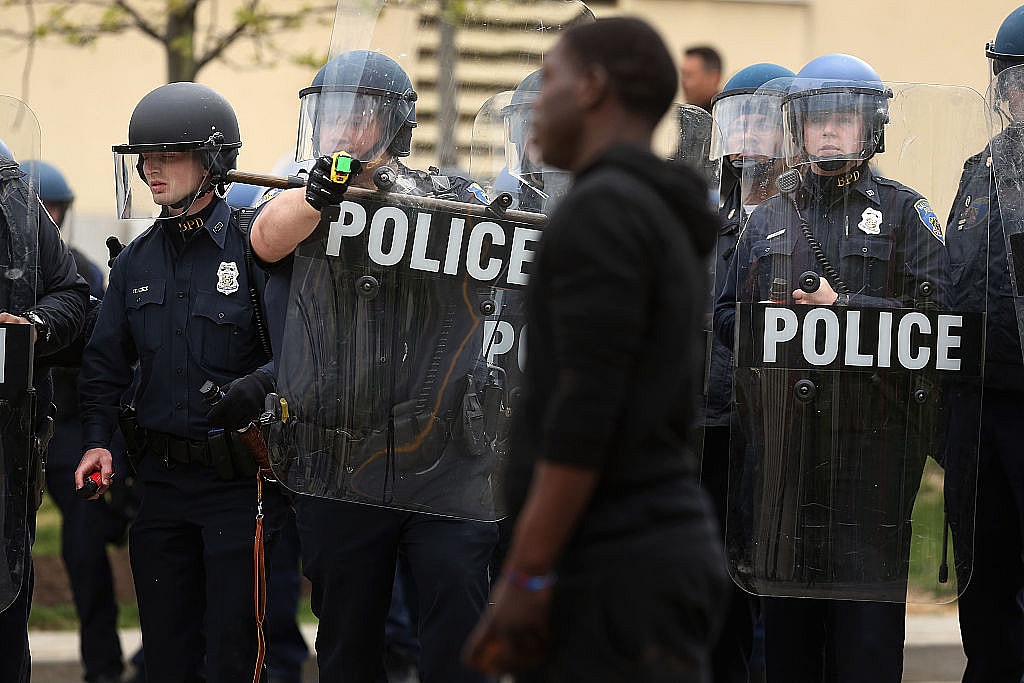
On the federal level, advocates would like to see the George Floyd Justice in Policing Act passed into law. The sweeping police reform bill would notably limit qualified immunity as a defense to liability for law enforcement officers and lower the criminal intent standard from willful to knowing or reckless.
Mckesson believes the bill will become law, and he told theGrio he’s particularly hopeful if Vice President Kamala Harris, the 2024 Democratic presidential nominee, is elected president in November.
“She knows the system,” he said. “That allows us to make a difference … that allows her to talk about accountability for police officers and safety for communities with authority in a way that the police can’t just try and talk around her.”
As for the efforts to seek justice for Michael Brown’s killing, Addo-Yobo said what is most important to note is that Brown was a “victim.”
“He wasn’t being treated like the victim,” said the attorney, who noted that Brown’s character and reputation were assassinated and dishonored. “[It’s] actually a violation of international human rights law.”
Beyond justice for Brown, Addo-Yobo said the case is also seeking reparation of “nonrepetition” for all victims of police violence.
“We want those very specific things in Mike Brown’s case, but we also want for there to be mental health resources for different folks,” she shared. “We want laws to be changed so there’s actual life prevention and deterrence when it comes to police violence.”


